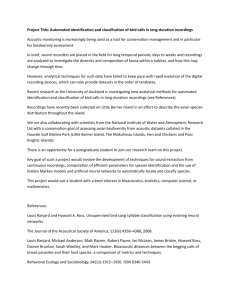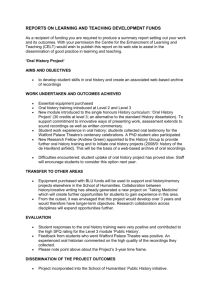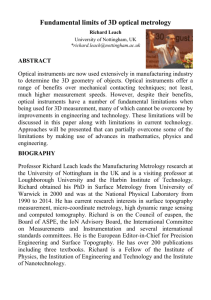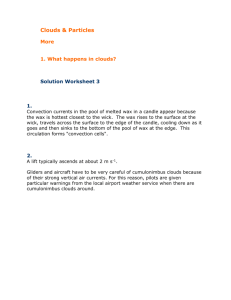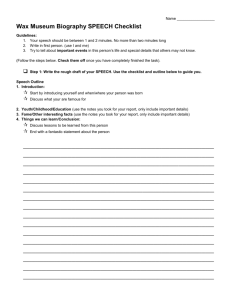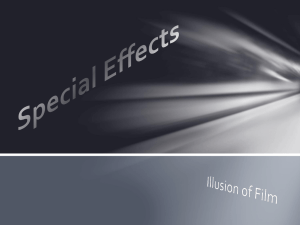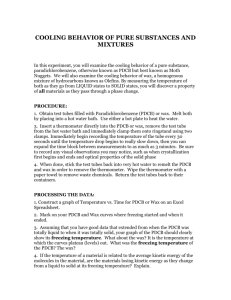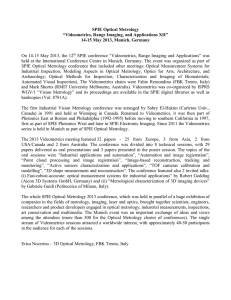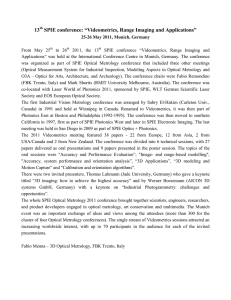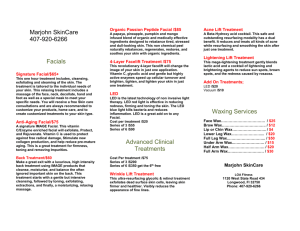Sound was first recorded and reproduced by Thomas Edison in 1877
advertisement
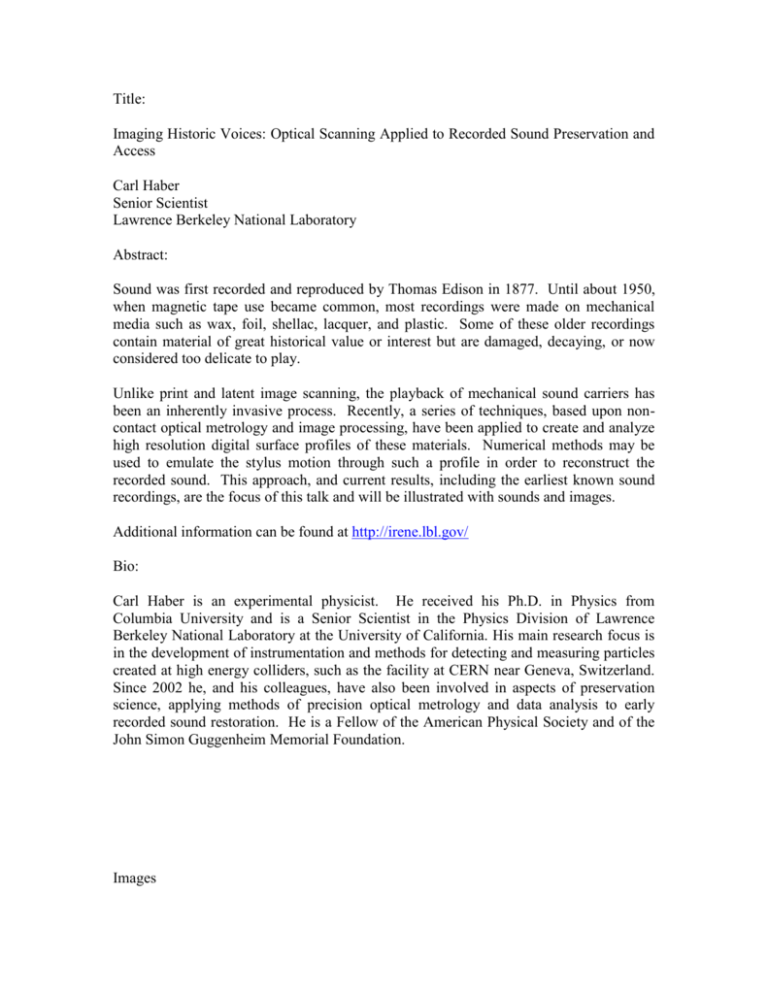
Title: Imaging Historic Voices: Optical Scanning Applied to Recorded Sound Preservation and Access Carl Haber Senior Scientist Lawrence Berkeley National Laboratory Abstract: Sound was first recorded and reproduced by Thomas Edison in 1877. Until about 1950, when magnetic tape use became common, most recordings were made on mechanical media such as wax, foil, shellac, lacquer, and plastic. Some of these older recordings contain material of great historical value or interest but are damaged, decaying, or now considered too delicate to play. Unlike print and latent image scanning, the playback of mechanical sound carriers has been an inherently invasive process. Recently, a series of techniques, based upon noncontact optical metrology and image processing, have been applied to create and analyze high resolution digital surface profiles of these materials. Numerical methods may be used to emulate the stylus motion through such a profile in order to reconstruct the recorded sound. This approach, and current results, including the earliest known sound recordings, are the focus of this talk and will be illustrated with sounds and images. Additional information can be found at http://irene.lbl.gov/ Bio: Carl Haber is an experimental physicist. He received his Ph.D. in Physics from Columbia University and is a Senior Scientist in the Physics Division of Lawrence Berkeley National Laboratory at the University of California. His main research focus is in the development of instrumentation and methods for detecting and measuring particles created at high energy colliders, such as the facility at CERN near Geneva, Switzerland. Since 2002 he, and his colleagues, have also been involved in aspects of preservation science, applying methods of precision optical metrology and data analysis to early recorded sound restoration. He is a Fellow of the American Physical Society and of the John Simon Guggenheim Memorial Foundation. Images Image from the surface of a phonograph record Image from the surface of a wax cylinder recording A broken wax cylinder which contains the first film sound track recorded. The earliest known flat phonograph record which has been played back (1881).

